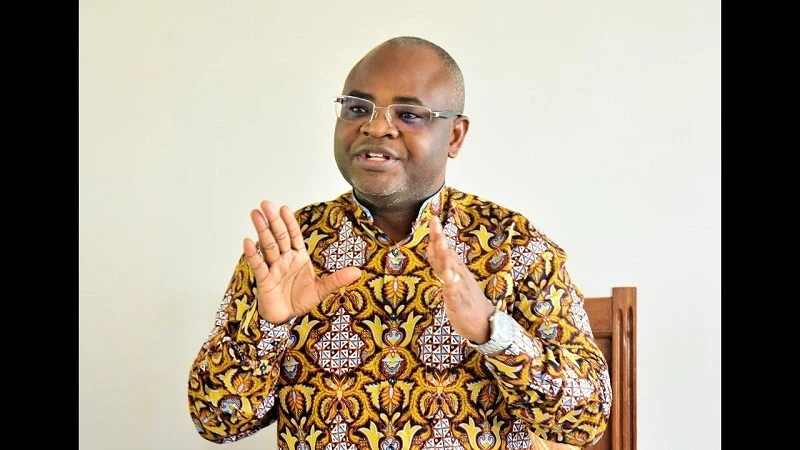What holds back big savings, investments is social security

FINANCIAL institutions are well-known for fads and fashionable products involving a minimum of pursuit of gain to cultivate the willingness to spend cash over likely benefits.
A new fad being promoted isn’t altogether as much play as it looks like upbringing as well, which financial stakeholders say is part of ongoing efforts to promote financial literacy.
A major bank has embarked on such a move, and it is unclear whether it is an ‘academy’ for new savers coming of age or, conversely, all part of corporate social responsibility in that those targeted may decide to save with other banks.
The idea of an academy is not usually expected when it comes to finance and, even less, the idea of fitness Yet this is what is happening, as a commercial bank that often lends to the government unveils what it projects as a ‘financial fitness academy’ with a special emphasis on children.
The move will have both adherents and critics, but it looks rational in the sense of imprinting the particular bank’s name in the minds of children just being exposed to the whole idea of saving. By mental projection, they could also start with it.
Still, there was a silver lining that this academy was a one-time event which may still leave tangible impressions, though not as profound as a prolonged initiative aiming at fitness in an athletic or sporting sense of the term.
The children were thus put to a ‘blitz’ about essential financial skills, including earning, spending, saving and even giving where the point is to make informed financial decisions in the future.
That is easier said than done, as knowing where to keep one’s money safely is far easier than actually doing so and when one is trying to project fostering financial discipline from an early age it is overload.
For instance, it is arguable where a secure financial future starts in life: whether it is in the discipline and knowledge tied up with financial literacy or those are two things with little in common.
Savings are tied up with feeling secure in the first place and wishing to guarantee the future from a comfortable present.
That is why it was previously successful professionals who moved to save as they had more than the common people. They already were true role models with the lives they led, while more unequal society scarcely makes teachers, doctors or journalists the role models children would seek to emulate.
Instead, many strive after fashion in an effort to be accepted in leisure environments, this except for a few usually middle-class families who are happy at home and shun outward luxury.
Teaching children in such families that savings are worthwhile is profitable, while those at the bottom of the ladder will scarcely pay attention.
Top Headlines
© 2025 IPPMEDIA.COM. ALL RIGHTS RESERVED

















